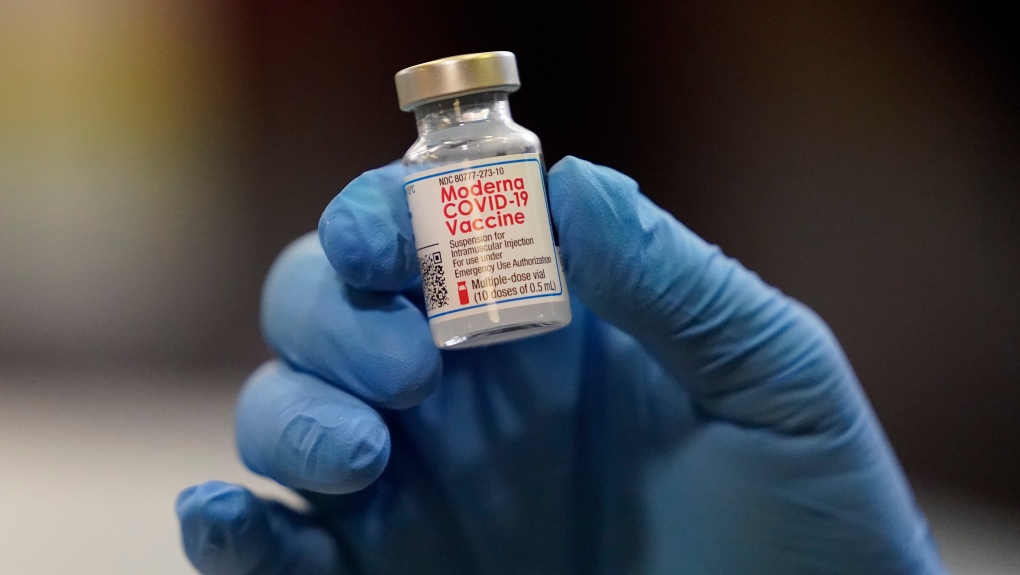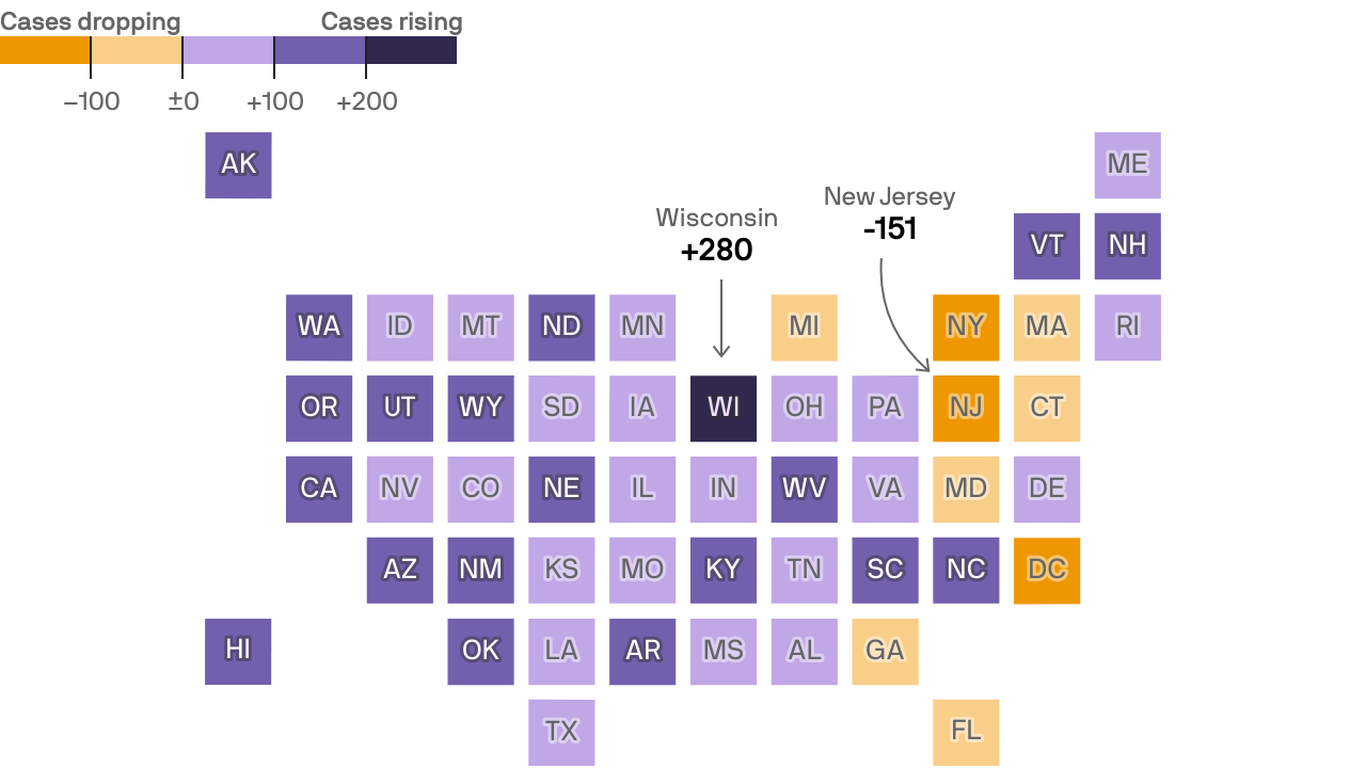Getting boosted was 90% effective at preventing hospitalizations during a period in December and January when Omicron was the dominant variant, according to a CDC study that looked at nearly 88,000 hospitalizations across 10 states.
In comparison, getting two shots was 57% effective when it had been at least six months past the second shot
Getting boosted was 82% effective at preventing visits to emergency rooms and urgent care centers
In comparison, getting two shots was only 38% effective at preventing those visits when it had been at least six months past the second shot.
Looking at data from 25 state and local health departments, the CDC researchers found that among those who were boosted, there were 149 cases per 100,000 people on average each week. For those who had only two doses, it was 255 cases per 100,000 people.
That study of just over 13,000 US Omicron cases found that the odds of developing a symptomatic infection were 66% lower for people who were boosted compared to those who had only received two shots.




:max_bytes(150000):strip_icc():focal(999x0:1001x2)/covid-child1-2000-cdad52a28736452a93648ecf0fb6b577.jpg)
